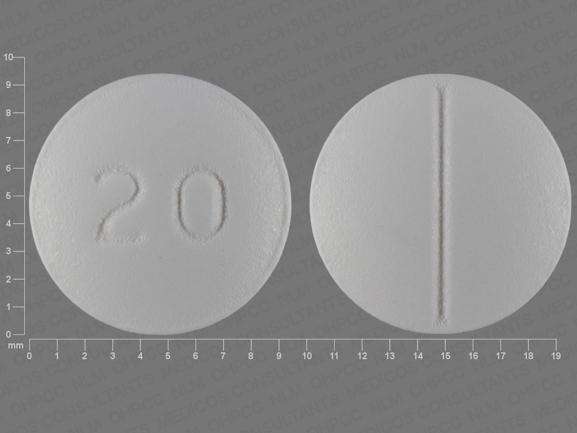

dry mouth thirst nausea vomiting weakness, tiredness drowsiness restlessness confusion muscle weakness, pain, or cramps fast heartbeat and other signs of dehydration and electrolyte imbalance.If you experience any of the following symptoms, call your doctor immediately or get emergency medical treatment: Tell your doctor if any of these symptoms are severe or do not go away: To avoid this problem, get out of bed slowly, resting your feet on the floor for a few minutes before standing up. This is more common when you first start taking hydrochlorothiazide. you should know that hydrochlorothiazide may cause dizziness, lightheadedness, and fainting when you get up too quickly from a lying position.
#PILL MARKED 2 SKIN#
Call your doctor if you notice any new skin changes or growths. Your doctor will check your skin for skin cancers during your treatment with hydrochlorothiazide. Hydrochlorothiazide may make your skin sensitive to sunlight and increase your risk of a certain types of skin cancer. plan to avoid unnecessary or prolonged exposure to sunlight and to wear protective clothing, sunglasses, and sunscreen.If you become pregnant while taking hydrochlorothiazide, call your doctor immediately.


if you are taking cholestyramine or colestipol, take them 1 hour before or 4 hours after taking hydrochlorothiazide.Your doctor may need to change the doses of your medications or monitor you carefully for side effects. Be sure to mention any of the following: barbiturates such as phenobarbital and secobarbital (Seconal) corticosteroids such as betamethasone (Celestone), budesonide (Entocort), cortisone (Cortone), dexamethasone (Decadron, Dexpak, Dexasone, others), fludrocortisone (Florinef), hydrocortisone (Cortef, Hydrocortone), methylprednisolone (Medrol, Meprolone, others), prednisolone (Prelone, others), prednisone (Deltasone, Meticorten, Sterapred, others), and triamcinolone (Aristocort, Azmacort) corticotropin (ACTH, H.P., Acthar Gel) insulin and oral medications for diabetes lithium (Eskalith, Lithobid) medications for high blood pressure or pain nonsteroidal anti-inflammatory drugs (NSAIDs) such as ibuprofen (Advil, Motrin, others) and naproxen (Aleve, Naprosyn, others). tell your doctor and pharmacist what other prescription and nonprescription medications, vitamins, nutritional supplements, and herbal products you are taking or plan to take.tell your doctor and pharmacist if you are allergic to hydrochlorothiazide, 'sulfa drugs', penicillin, or any other drugs.These changes include eating a diet that is low in fat and salt, maintaining a healthy weight, exercising at least 30 minutes most days, not smoking, and using alcohol in moderation. In addition to taking medication, making lifestyle changes will also help to control your blood pressure. Damage to these organs may cause heart disease, a heart attack, heart failure, stroke, kidney failure, loss of vision, and other problems. High blood pressure is a common condition and when not treated, can cause damage to the brain, heart, blood vessels, kidneys and other parts of the body. It works by causing the kidneys to get rid of unneeded water and salt from the body into the urine. Hydrochlorothiazide is in a class of medications called diuretics ('water pills'). Hydrochlorothiazide is used to treat edema (fluid retention excess fluid held in body tissues) caused by various medical problems, including heart, kidney, and liver disease and to treat edema caused by using certain medications including estrogen and corticosteroids. Hydrochlorothiazide is used alone or in combination with other medications to treat high blood pressure.


 0 kommentar(er)
0 kommentar(er)
